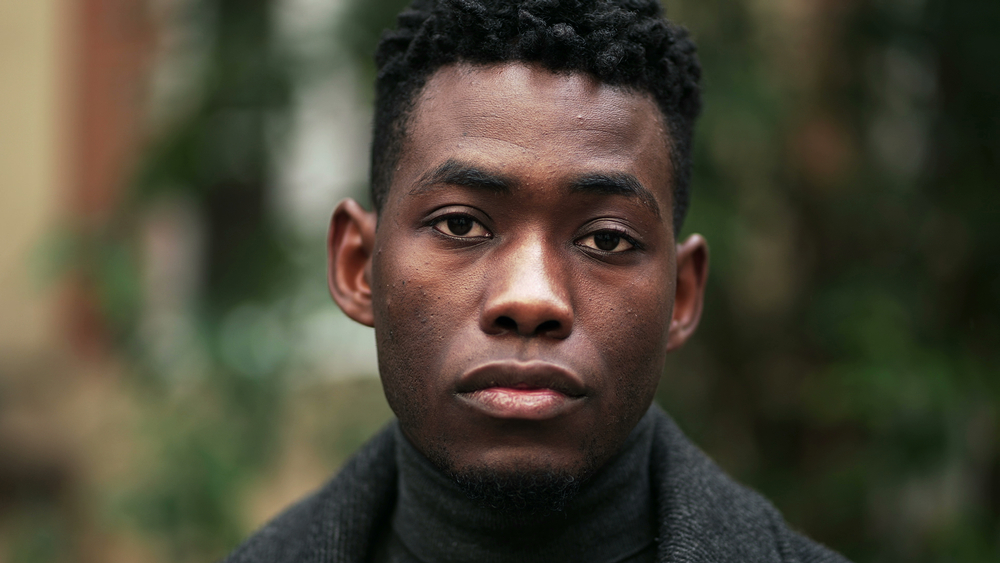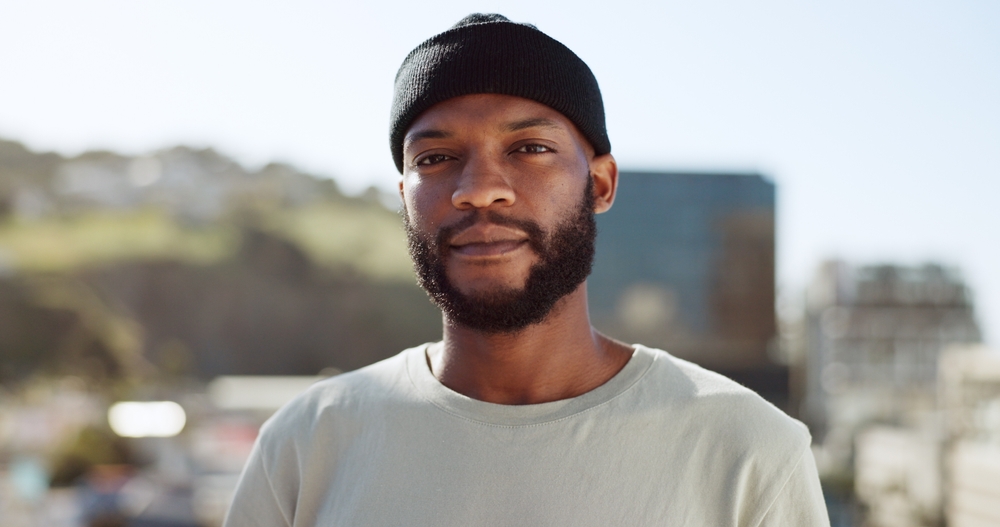We’ve all heard the phrase, “Good people do bad things.” It’s a bit of a head-scratcher, isn’t it? We like to think that the world is neatly divided into heroes and villains, but the truth is, it’s a lot more complicated than that. Even the best of us can stumble and make choices we’re not proud of. So, why does this happen? What leads seemingly good people down a less-than-ideal path? Here’s why this happens so often.
1. They succumb to temptation.

We all have our weaknesses, whether it’s a love for sweets, a penchant for gossip, or a desire for material possessions. Sometimes, the allure of these temptations can be so strong that we momentarily forget our values and give in. It’s like being on a diet and seeing a delicious slice of cake – your willpower can only hold out for so long.
2. They feel justified in their actions.

Sometimes, people convince themselves that their bad behavior is actually okay. They might justify lying to protect someone’s feelings or cheating because “everyone else is doing it.” In these situations, they’ve rationalized their actions in a way that makes them feel less guilty.
3. They’re under pressure.

Life can be stressful, and when the pressure mounts, people can crack. Think of a student cheating on a test because they’re terrified of failing or an employee embezzling money because they’re in financial trouble. Desperation can drive people to do things they wouldn’t normally consider.
4. They’re caught in a difficult situation.

Sometimes, life throws us curveballs, and we find ourselves in situations where there are no easy answers. A person might lie to protect a loved one from harm or steal food to feed their family. These moral dilemmas can force even the most well-intentioned person to make tough choices.
5. They’re following orders.

History is full of examples of people who committed atrocities because they were following orders from authority figures. The Milgram experiment, for instance, showed that ordinary people were willing to administer electric shocks to people simply because they were told to do so by an experimenter. As UC Berkeley points out, this highlights the power of obedience and the potential for it to lead to harmful behavior.
6. They’re trying to fit in.

The desire to belong is a fundamental human need, and it can sometimes lead people astray. A person might engage in bullying or participate in risky behavior because they want to be accepted by a certain group. The fear of being ostracized can be a powerful motivator for bad behavior.
7. They’re not thinking clearly.

Sometimes, people simply act without thinking through the consequences of their actions. They might say something hurtful in the heat of the moment or make an impulsive decision that they later regret. In these cases, it’s not necessarily that they’re bad people; they just made a mistake.
8. They’re experiencing emotional distress.

When people are going through a tough time emotionally, they might not be their usual selves. Depression, anxiety, or grief can cloud their judgment and lead to behavior that’s out of character. It’s important to remember that people are more than their worst moments, and sometimes, they just need a helping hand to get back on track.
9. They lack self-awareness.

Some people simply aren’t aware of how their actions affect the people around them. They might be insensitive or oblivious to the hurt they’re causing. This lack of self-awareness can lead to unintentionally hurtful behavior, even if they don’t have malicious intent.
10. They’re struggling with addiction or mental illness.

Addiction and mental illness can hijack a person’s brain and lead to behavior that’s out of their control. Substance abuse or untreated mental health conditions can impair judgment, increase impulsivity, and make it difficult to make sound decisions. According to the National Institute on Drug Abuse, it’s important to remember that these struggles are not character flaws but illnesses that require compassion and support.
11. They’ve been hurt or betrayed in the past.

Past trauma can leave deep scars, and sometimes, those scars manifest in unhealthy ways. A person who has been deeply hurt might become cynical, distrustful, or vengeful. Their pain can lead them to lash out at people, even if it’s not fair or justified.
12. They’re influenced by their environment.

The people we surround ourselves with can have a profound impact on our behavior. If someone is constantly exposed to negative influences, such as toxic friends or a hostile work environment, it can be difficult to resist the pull towards negativity. It’s like trying to stay healthy while living on a diet of junk food.
13. They’re trying to protect themselves.

Sometimes, people resort to bad behavior as a form of self-defense. They might lie to avoid confrontation, cheat to gain an advantage, or steal to ensure their survival. While these actions aren’t admirable, they can be understood as desperate attempts to protect themselves from harm or perceived threats.
14. They’re blinded by love or loyalty.

Love and loyalty are powerful emotions that can sometimes lead people to make poor choices. A person might lie to protect a loved one from the consequences of their actions or engage in illegal activities to support a family member. While these motives might be understandable, they don’t excuse the harm caused.
15. They’re simply human.

At the end of the day, we’re all human, and that means we’re all capable of making mistakes. None of us is perfect, and even the most well-intentioned person can stumble. It’s important to remember that bad behavior doesn’t necessarily define a person’s character. We all have the capacity for both good and bad, and it’s our choices that ultimately determine who we become.
16. They haven’t learned from their mistakes.

Everyone makes mistakes, but the difference between a good person and a bad person often lies in their willingness to learn and grow from those mistakes. If someone repeatedly engages in harmful behavior without any remorse or attempt to change, it’s a sign that they haven’t taken responsibility for their actions. True growth comes from acknowledging our flaws and working to become better versions of ourselves.




